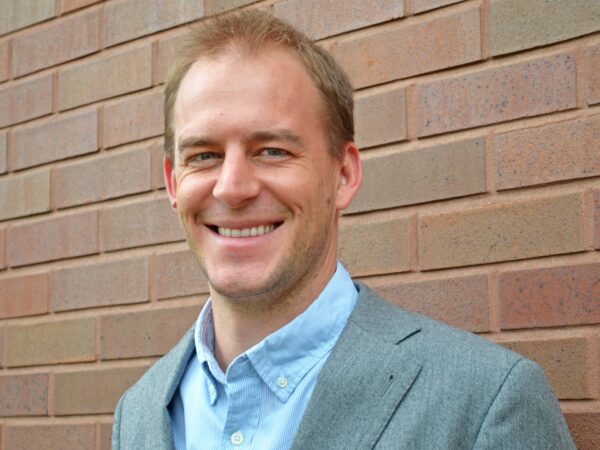GenDx is excited to announce the appointment of Ass. Prof. Iwijn De Vlaminck as Scientific Advisor. De Vlaminck is renowned for his extensive expertise with cell-free DNA/RNA detection, which can be applied to new groundbreaking methods, including monitoring the outcome of transplantation.
Dr. Iwijn De Vlaminck joined the faculty of the Meinig School of Biomedical Engineering at Cornell University in 2015. His research at Cornell focuses on the development of precision medicine technologies for the monitoring of infectious diseases and immune related complications. De Vlaminck obtained a PhD in Science and Engineering from the KU Leuven in Belgium. He received postdoctoral training in the labs of Stephen Quake at Stanford University, USA and Cees Dekker at the TU Delft, The Netherlands. He was awarded the NIH Director’s New Innovator Award in 2017 and the Robert Noyce Assistant Professorship in 2015.
De Vlaminck’s research focuses on the development of molecular analysis technologies for microbiology and immunology and the application of these technologies in the monitoring of infectious diseases and immune-related complications. His research is highly interdisciplinary in nature, resulting in innovative applications in genomics, computational biology and molecular engineering. GenDx expects that his knowledge of cell-free DNA as an upcoming biomarker in transplantation will be of great importance for the development of cutting edge products improving transplantation outcome.
With De Vlaminck, the Scientific Advisory Board of GenDx exist now of four top level qualified members (Em. Prof. John Trowsdale PhD, Prof. Seiamak Bahram PhD and Em. Prof. Frans Claas PhD), covering the fields of precision medicine technologies, MHC immunogenetics, non-conventional histocompatibility genes, blood groups, immunohematology and blood transfusion.
Dr. Wietse Mulder (CEO of GenDx):
“We are extremely honored and delighted to have Iwijn De Vlaminck in our scientific advisory board. His knowledge and view on the HLA lab of the future, also recently shown during the annual ASHI meeting in Orlando, will be extremely useful to enthuse our R&D team further. I’m looking forward to jointly develop new strategies which we expect that these will contribute to the quality of life and survival of transplant patients”.


